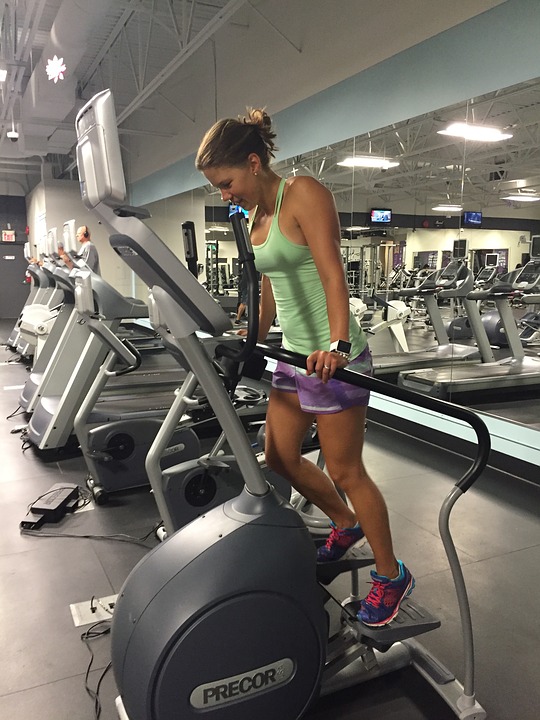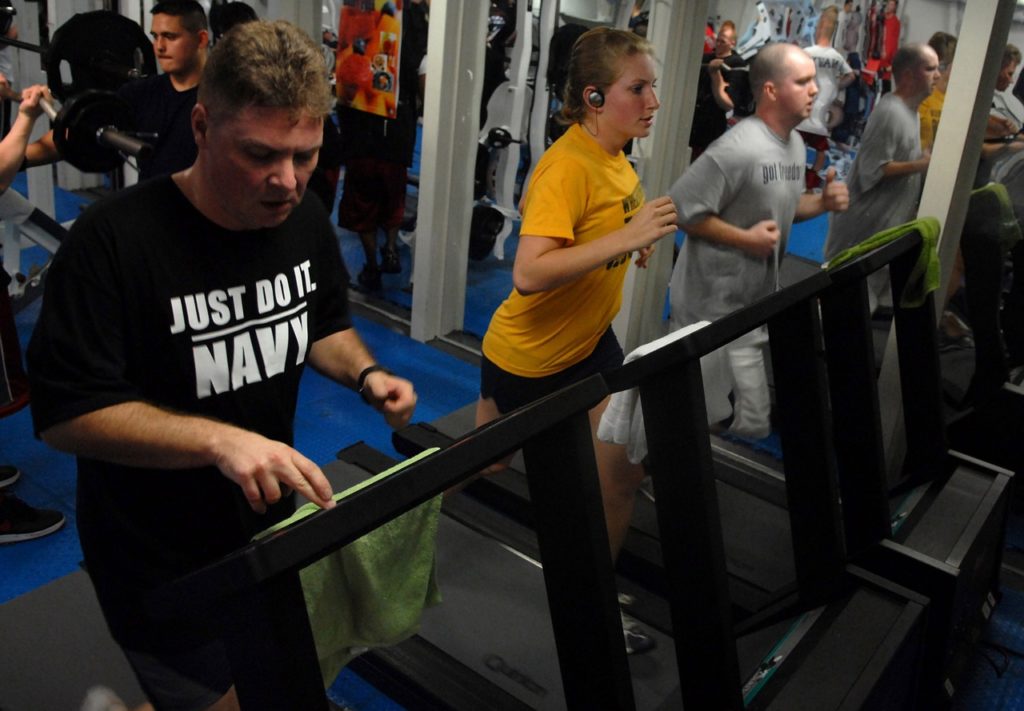Has anyone ever suggested you work out on an empty stomach? Doing cardio before or without fueling with food, otherwise known as fasted cardio, is a hot topic in the fitness and nutrition world. Like many health trends, there are fans and skeptics. Some people swear by it as a quick and effective way to lose fat, while others believe it’s a waste of time and energy. Fasted cardio doesn’t necessarily mean you’re sticking to an intermittent fasting routine. It could be as simple as going for a run first thing in the morning, then eating breakfast after. Here’s what the fitness experts say about the pros and cons of fasted cardio.
How your body uses fuel without immediate fuel supplies

When your body doesn’t have fuel or excess calories which are supplied by your previous meal or pre-workout snacks, then your body starts to utilize the stored fuel which is present in the forms of fat and glycogen. Some experts like Emmie Satrazemis, a board-certified sports nutritionist suggests that working out in the morning after 8-12 hrs of fasting or sleep can enable your body to burn 20% more fat, based on some small studies of trusted sources. However, there are some studies from the same sources that says there is no overall difference in fat loss.
When you should try it: Fasted cardio can help you burn more fat
In most fitness and weight loss programs, it is recommended to hit the treadmill or an upright bike for a hard-cardio session just before you eat. The main motivation is the chances of burning more fat during such a session. If you don’t have such gadgets, you could devise your own hard cardio session with a series of exercises. But how exactly does it work?
When you should not: Eating before a cardio workout is essential if you want to muscle mass

There is a very big difference between preserving muscle mass and adding muscle mass. There are studies that suggest that muscle mass can be preserved and protected if you maintain an adequate protein consumption level irrespective of being calorie deficit.
When your body starts looking for fuels, amino acids are less preferred in comparison to fats and carbs. Experts say that our bodies have a limited supply of instant energy. This means if you work out too long on fasted cardio, your body will break down muscle for energy resulting in muscle loss. It is advisable to consume post workout snacks that increase protein synthesis or muscle repair of muscles broken down due to workouts.
When you should try it: You may like the way you feel after fasted cardio
The reason for performing something even if it makes you feel good may be a task in itself. Some people may like it and some don’t so it all boils down to personal preference. If you feel working out on an empty stomach is good for you and you enjoy it then start doing it by all means unless you have issues of low blood sugar, cardiac problems and any health issues that may impact a fasted cardio negatively.
When you should skip it: Activities that require power and speed need to be performed with fuel in your stomach
Those who feel you should not do rigorous cardio workouts before eating is David Chesworth, a, ACSM certified personal trainer who according to Healthline says says that in a fasted state, the physiology doesn’t typically have the optimal resources for this type of exercise.” According to him glucose is the easiest and instant form of energy needed for quick and fast exercises. He says if you plan on performing activities which require high levels of speed and power, you should consider having pre-workout meals or snacks. Hence, if your goal is to improve your speed and strength, then you should eat before training.
When you should try it: Fasted cardio may be helpful if you have GI stress

If you have a snack or even eat a meal just after doing cardio, you may feel sick even when you work out. This is usually experienced in the mornings after consuming high fat and high fiber foods. If you can’t handle a large meal or don’t have a 2 hours gap for digesting after eating, it is recommended on snacking something which can provide energy instantly or doing fasted cardio.
When you should skip it: You have certain health conditions
It is necessary to be in excellent health for doing fasted cardio. Conditions like dizziness which is caused by low blood sugar or blood pressure can leave you in a higher risk of injury.
Quick tips for doing fasted cardio

If you decide to try out fasted cardio, follow a few rules to stay safe:
- Avoid more than 60 minutes of fasted cardio without eating.
- Choose low-intensity- moderate workouts.
- Drink a lot of water for performing fasted cardio.
Keep in mind overall lifestyle, especially nutrition, plays a bigger role in weight gain or loss than the timing of your workouts. It is the overall lifestyle and nutrition of your body that helps in a gaining and loosing muscle rather than your workout timings. While fasted cardio is a matter of choice, it can help you lose weight. One study published the British Journal of Nutrition said that it could make you lose 20% more body fat than usual. Always speak to your nutritionist or doctor first to to find out if you are a god candidate to do fasted cardio or not.
